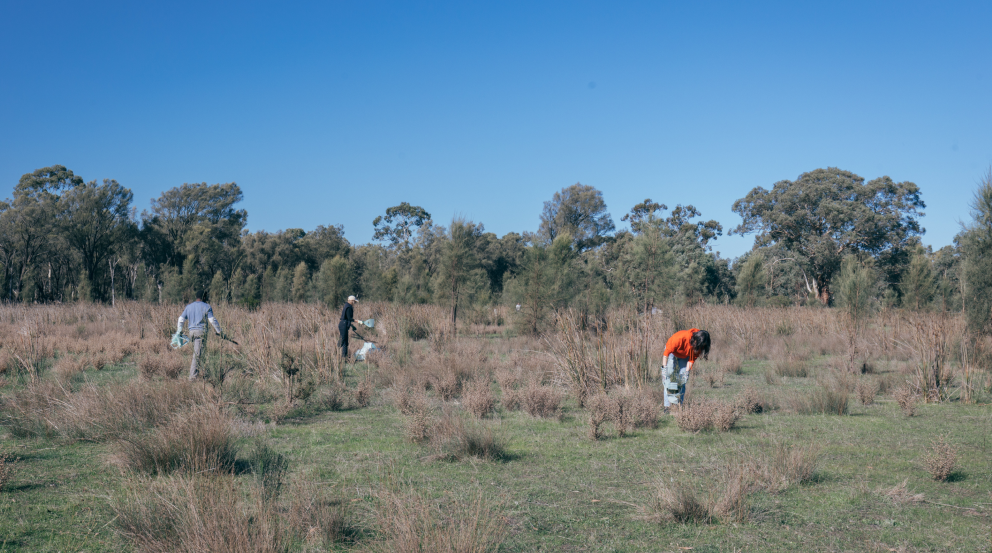The Economic Media Centre, a project by Bank Australia customer and partner Australian Progress, is providing a platform for voices often overlooked in mainstream media.
When COVID-19 hit, the Australian media landscape saw a surge in stories on economic issues. But the faces seen on TV or heard on radio were all largely similar: academics and economists. Where were the people with lived experience, or the community organisations representing them, who could offer a different perspective on the issues that affected them most?
The team at Australian Progress, a Bank Australia customer and partner, noticed the lack of diversity of voices in the media almost immediately. Over the last 10 years, they have fostered a number of different social change movements across human rights, climate change, social welfare, and economic fairness.
“It started just as the pandemic hit, and it became really obvious that, more than ever, we need social movements led by people with lived experience, elevating the issues that communities are facing and pushing for fairer and more just policies,” says Kirsty Albion, executive director at Australian Progress.
In March 2020, alongside the Australian Council of Social Service (ACOSS), Australian Progress established the Economic Media Centre to increase the diversity of voices in mainstream media. Rather than calling on the same spokespeople to comment on issues in the media, the Economic Media Centre exists to give people with lived experience a voice – and the opportunity to make serious social change.
One of the key barriers to hearing a broader range of voices is a lack of media training, which is where the Economic Media Centre steps in. They work with a range of people from a variety of different social backgrounds, training them up on issues as diverse as renters’ rights, racial justice and migrant rights, income support, and gender equity.
“We’re working with community leaders and people with lived experience in organisations like Refugee Voices and Democracy in Colour,” Kirsty explains. “We work with them not just to tell their stories, but to talk about the policy changes needed in mainstream media.”
Since it was founded at the start of 2020, the Economic Media Centre has secured over 6000 media stories across major newspapers, national radio, and television programs like Q&A and The Project. And, to date, the
organisations they support have secured at least 10 policy changes.
One partnership Kirsty is particularly proud of has been working with the team at Democracy in Colour, an independent and non-partisan organisation focused on changing the institutions and systems that cause racial and economic injustice.
“During the pandemic, both state and federal governments used racial scapegoating – such as the India flight ban, laws to stop partner visas, and the intense policing of south west Sydney – to try to turn attention away from their policies,” Kirsty explains. “We worked with Democracy in Colour, racial justice organisations and community spokespeople to rapidly change the narrative on six of these occasions to reframe why governments are using racist policies to draw attention away from their policy failures. The organisations we’ve worked with have forced governments to address these policies and make changes in more than half of these occasions.”
The Economic Media Centre has also worked with organisations to reframe the narrative around gender equity between the last two federal budgets, engaging gender equity advocates to continue to discuss women’s safety, women’s economic participation and gender policies in the public debate.
Over the next 12 months, the Economic Media Centre will focus on gender equity housing, income inequality – particularly around young people and those living in regional and rural areas – disability justice and racial scapegoating.
Bank Australia is excited to see the changes made by the Economic Media Centre throughout Australian media. Kirsty says, “Bank Australia has been a long-term supporter of Australian Progress, particularly our events that bring together thousands of people every couple of years, connect and inspire them, which has been critical to building the community of progressive social changemakers across Australia.”
Find out more about Australian Progress now.
.webp)







